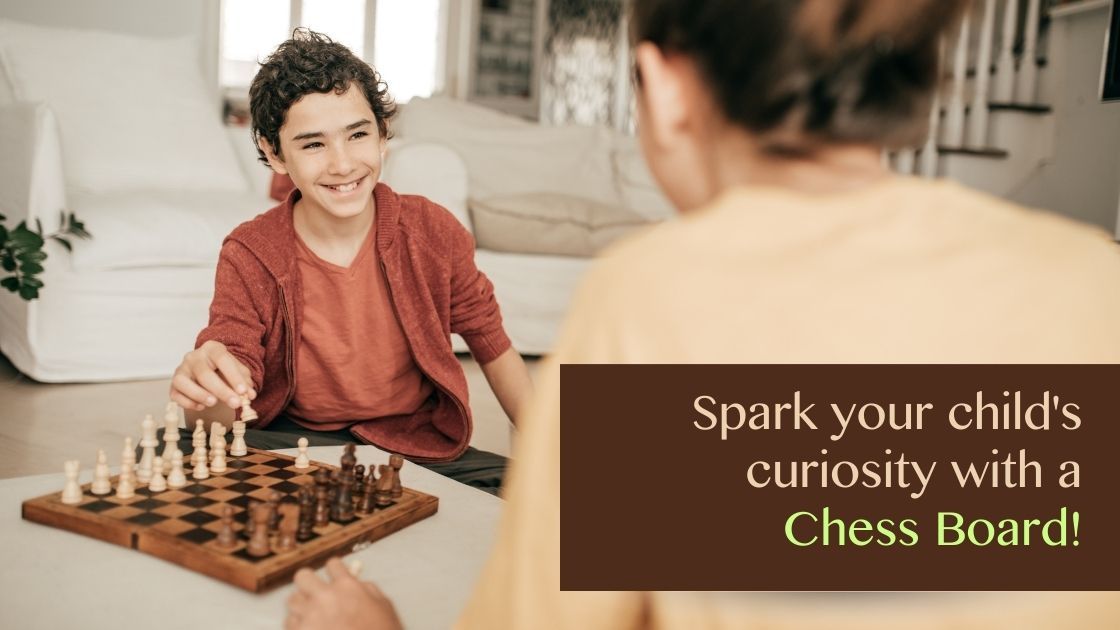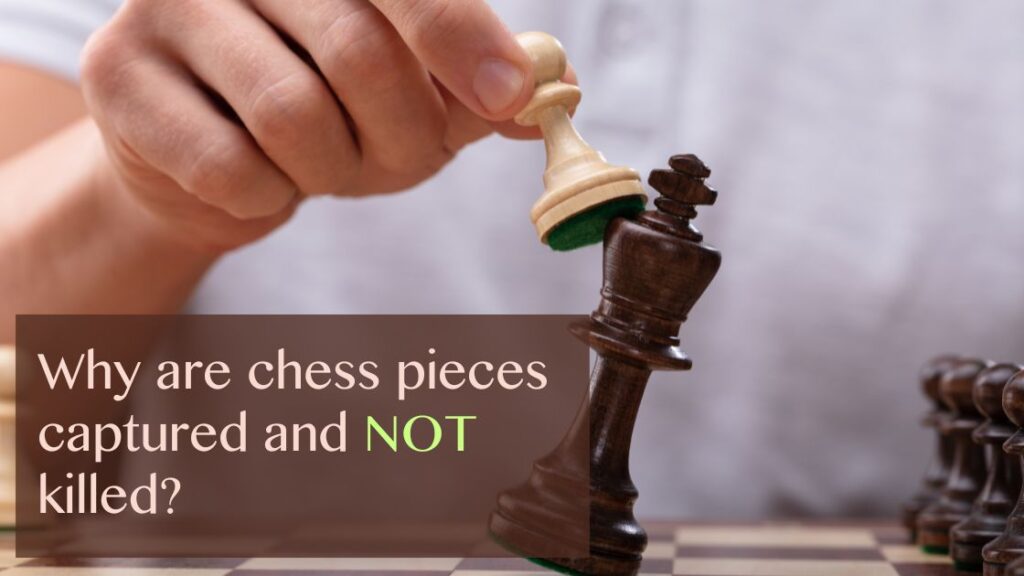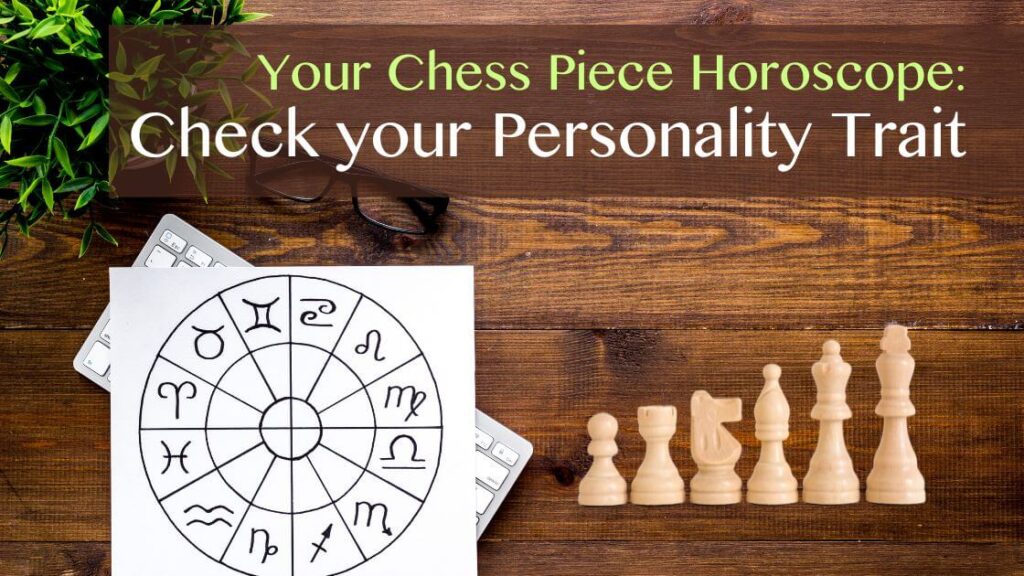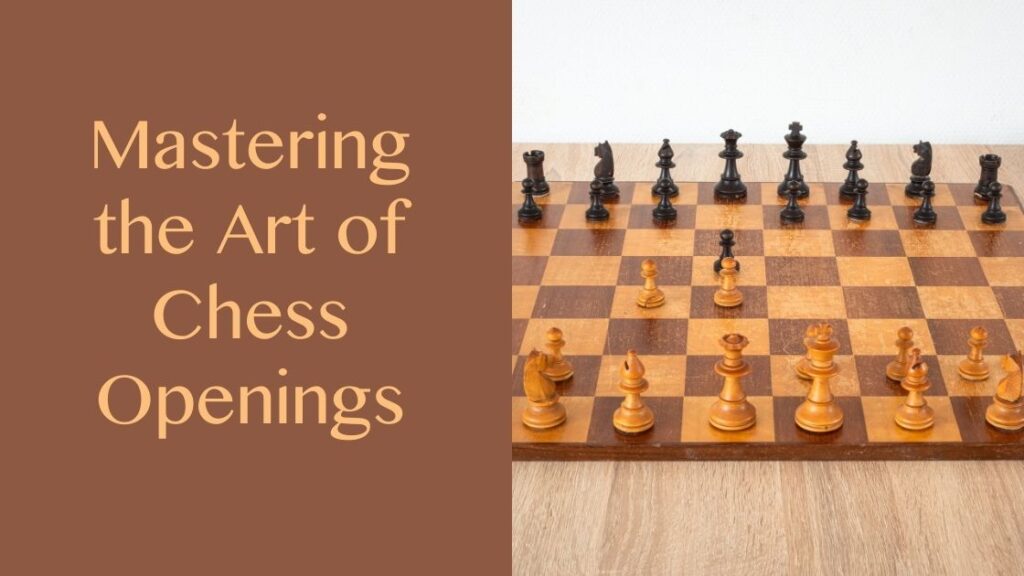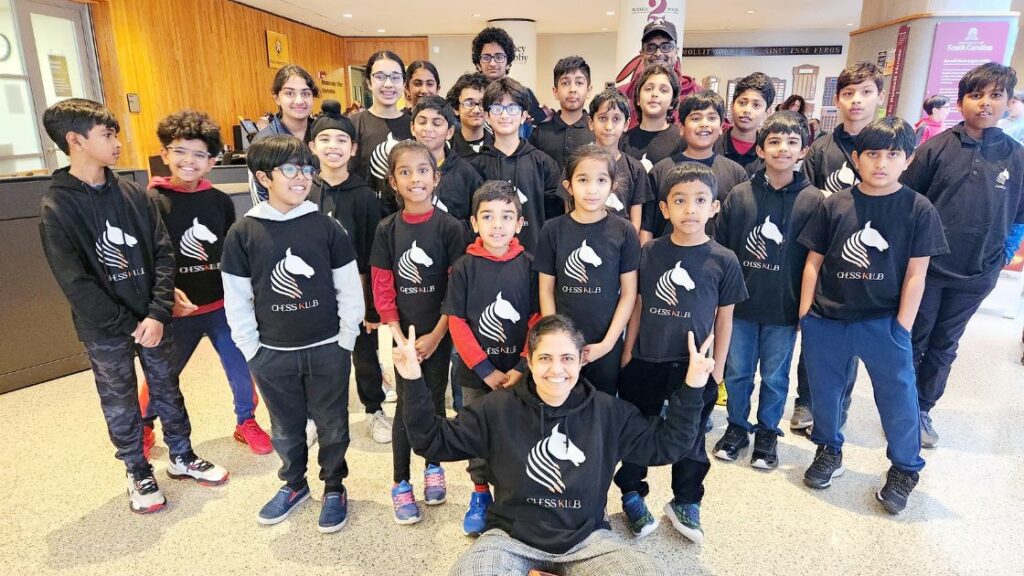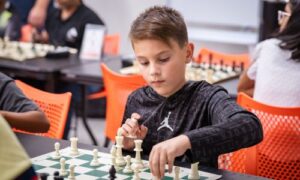Gifting a chess set to your 5-year-old can be a fantastic way to kickstart their intellectual curiosity, develop essential life skills, and create lasting memories. In this blog, let us explore the numerous benefits of chess for young minds, how it influences their cognitive development, social and emotional skills, and practical considerations for getting started.
Cognitive Development
Have you observed that kids who play chess are always a step ahead? It is not just because they learn strategy techniques. Chess is like brain candy; it nourishes your kid’s mind with essential nutrients for cognitive development.
A study published by the America’s Foundation For Chess Research Study found that chess players exhibited improved problem-solving, critical thinking, and decision-making skills compared to non-players. Let’s look at how these enhanced skills can help your kids:
- Problem-solving skills: Chess causes players to sharpen their minds to identify problems and skillfully solve them. For example, a player might need to find a way out to break a stalemate or anticipate their opponent’s next move.
- Critical Thinking: The game helps kids to make quick and accurate decisions under pressure. This can be applied while playing chess and when making decisions at school. What a great skill set to have when you are stuck deciding what to order for dinner tonight!
Spatial Reasoning
Chess involves visualization of the board and chess pieces to anticipate future moves. These skills contribute to:
- Spatial Awareness: It is a very important concept in terms of child development. This aspect is given utmost importance as it is essential for the child to develop an understanding or awareness of the body and the child’s relationship with objects found around them. Chess helps kids recall moves and strategies with the help of spatial reasoning.
- Visualization: Chess is a visual game. Players plot the game in their minds before making their next moves, this skill is associated with early development in kids for their hand-eye coordination, planning, and creativity. Kids trained in chess since their early years seem to have better visualization and mastery in planning moves in the game.
Concentration and Focus
Chess requires a great deal of concentration, and it is a game that cannot be mastered in a day, it requires a longer period of focus and perseverance. This game enables kids to develop the following :
- Attention span: As parents, it is an achievement if you can get your child to sit in one place. Chess molds kids to be able to focus on a task for a sustained time. This skill is valuable, especially in today’s world filled with distractions.
- Concentration: The moves and tactics of the game teach children to tune their minds out of distractions and stay focused on plotting their next move on the chessboard. While the kids are engulfed in understanding and focusing on the game board, they are learning to pay attention to one task at hand and become skillful at it. This trait becomes increasingly useful in their academic performance and overall productivity.
Social and Emotional Benefits
We all agree that chess is a game of strategy and skill, but it is also about sportsmanship, it requires mutual respect between players, following rules, and accepting defeat gracefully, but, how do you explain this to kids? With the aid of a chess board, it becomes easier to explain some concepts like:
- Good sportsmanship: The game teaches children to respect their opponents, even when they are losing. It teaches them that losing and winning are both part and parcel of the game.
- Fair play: There is always a thrill to jump the queue and get ahead, similarly, all games have scope to implement cheat codes, but that is no way to excel at any skill, and kids tend to get restless and demotivated when they feel defeated at a game, but chess inculcates the habit of fair play by encouraging them to follow rules step by step and adhere by it and play with honesty.
- Respect for others: Chess helps children develop a sense of empathy towards others and helps them understand different opinions and perspectives.
- Sense of achievement: As adults, we still experience a sense of excitement and satisfaction when we win a game. For kids, the sense of euphoria doubles when they win a game, winning is always associated with optimism and is a great contributor to motivation.
- Self-esteem: As children begin to learn about various chess skills and apply them as they play the game, they develop a sense of self-esteem and feel more confident in their approach which improves their ability to develop a self-image and believe in their own abilities.
Practical Considerations
1. Choosing a Chess Board
Now that you are motivated to gift a chess set to your 5-year-old, here are a few factors to consider before you make your purchase:
- Age-Appropriateness: Choose a chess board with large pieces and a big board. This will avoid choking hazards in kids.
- Durability: Opt for a set that is made out of sturdy materials that can withstand rough play.
- Aesthetic appeal: Kids are always attracted to anything visually appealing, choose colors and designs that are bright and fun.
- Draw Rules: There are several rules for a draw, such as stalemate (when the king is not in check but has no possible move), perpetual check (the king is checked and can only run into checks), insufficient material (when the remaining pieces are not enough to force a check), or mutual agreement.
2. Learning Resources
There are plenty of channels available to help your children learn chess:
- Books:“Chess for Kids” by Micheal Basman is a popular choice.
- Online Chess: Websites like Chess.com and Lichess.com offer free online games and lessons.
- Local Chess Clubs: Many communities have chess clubs that offer classes and tournaments for children.
- Local Chess Clubs: Many communities have chess clubs that offer classes and tournaments for children.
3. Involving The Whole Family
By introducing chess as a family activity to your kids, you can create lasting memories and foster a sense of love for the game. It can be fun and engaging when your entire family comes together to play chess. Here are some ways to involve everyone:
- Play Together: Organize game evenings or family tournaments.
- Learn Together: Take chess lessons as a family or watch chess matches together.
- Discuss Strategies: Talk about chess strategies and tactics in a fun and casual way, and incorporate them with other games, or sing a jingle around it! The idea is to foster intrigue in children towards the game.
Let Us Be a Part Of Your Child’s Journey to Chess Mastery
Gifting your child a chess set can definitely be a turning point in their development. As you’ve seen, chess isn’t just a game— it is a brain-boosting activity that cultivates essential skills from life. From enhanced cognitive abilities to socio-emotional intelligence, chess equips young minds with all these essential developmental milestones.
However, navigating alone on this journey can be a little overwhelming. This is where CHESS KLUB steps in! We are a dedicated chess coaching center passionate about nurturing young minds and igniting a love for the game. Our experienced coaches create a fun and engaging learning environment, with a curriculum tailor-made to your child’s age and skill level.

